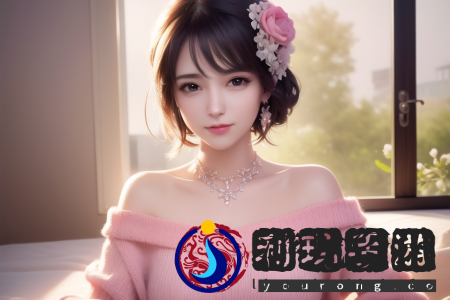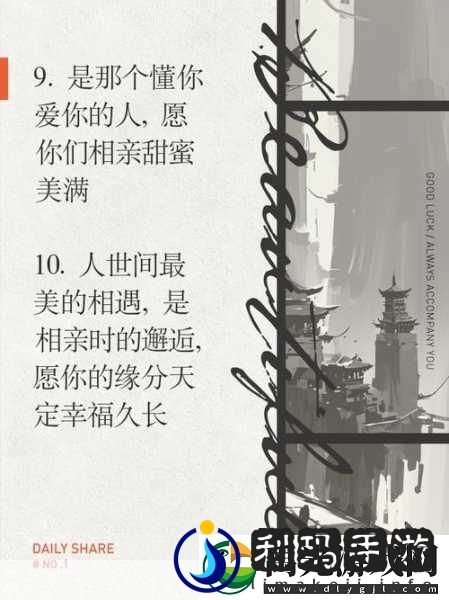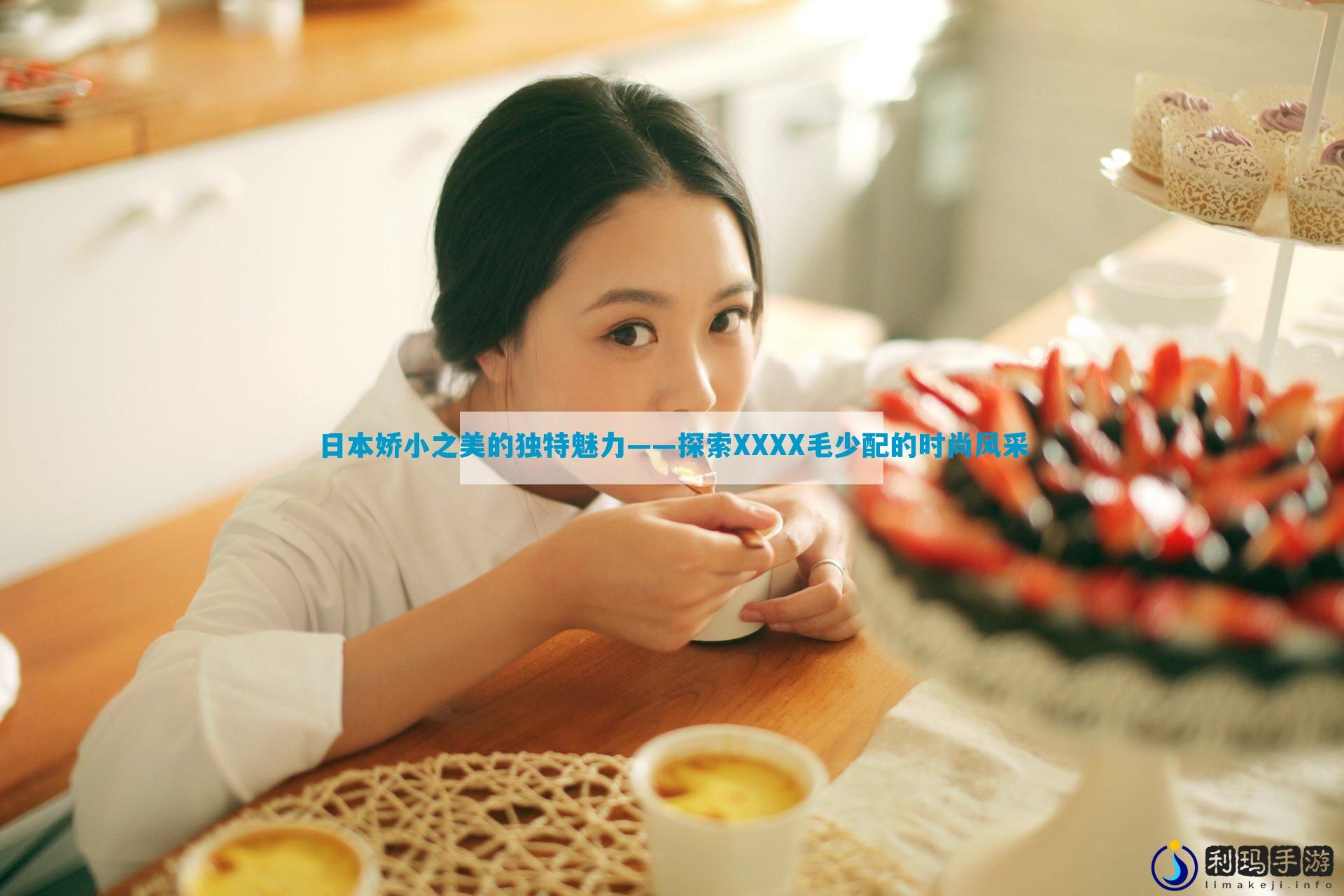祖母与おばあちゃん的文化差异
中文中“祖母”一词指的是父亲或母亲的妈妈,通常有一种正式和尊敬的感觉。而在日语中,“おばあちゃん”是对奶奶、外婆等长辈女性的一种口语化称呼,更加温馨、亲切。这些名词不仅仅是家族关系的体现,也反映了不同文化中的家庭观念。
语言使用场景
提到“祖母”,常常是在较为正式或者书面的话题中,比如讨论家谱、历史传承等。相反,“おばあちゃん”的使用则更频繁于日常生活交流,如小孩向朋友介绍自己的奶奶时,往往会用这个更加随意的表达方式。这表明,不同文化背景下,对待家庭成员的态度也有所不同。
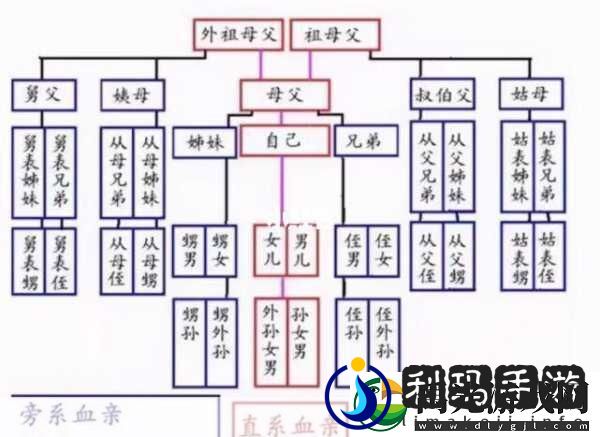
情感联系与代际关系
许多中国人对于“祖母”这个角色充满敬仰之情。在传统价值观影响下,老年人在家庭中占据着重要地位,被视作智慧和经验的象征。“おばあちゃん”则带有更多细腻的人际互动色彩,尤其在日本社会,这个词汇背后蕴含着关心和爱的氛围。孩子们喜欢通过各种可爱直白的方法来表达他们对这一形象深厚而又独特的依恋。
地域性差异及其影响
"祖母"作为普遍接受且流行于华人社区内的一种称谓,其具体表现因地区而异。例如,在南方某些城市,人们可能习惯用方言进行更具地方特色化的信息传递,而北方则趋向标准普通话。同时,日本各地区的小学课堂上,经常可以看到关于如何正确称呼自己长辈(如「バーバ」)这种教育内容,使学生从**能够理解并体悟这些名称所包含丰富的人文意义。
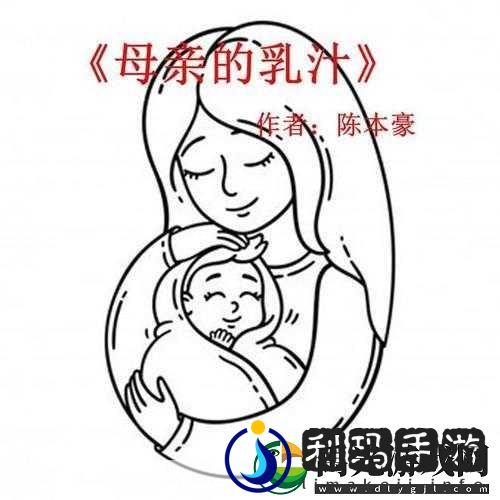
Aging and Respect in Family Dynamics
The concept of aging within family dynamics is deeply rooted both in Chinese and Japanese cultures. In China, the idea of filial piety emphasizes respect for elders, where “祖母” serves as a symbol of this reverence. Comparatively, the term “おばあちゃん,” while still acknowledging age and wisdom, also brings forth an element of familial affection that may be less prevalent among its Chinese counterpart.
Narratives Passed Down Through Generations
An analysis reveals how narratives surrounding these figures differ across cultures. Stories shared by grandmothers often carry moral lessons or historical insights in Chinese families; they serve not only to entertain but also to educate younger generations about their heritage. Conversely, tales from “おばあちゃん” might focus on personal anecdotes filled with humor and warmth—a reflection on everyday life rather than solely instructive morals.
Japanese Grandmother Culture vs. Chinese Tradition: A Deeper Look at Family Roles
Respect for Elders: Common Threads Between CulturesGrandparents’ Wisdom: Cultural Perspectives Around Storytelling





